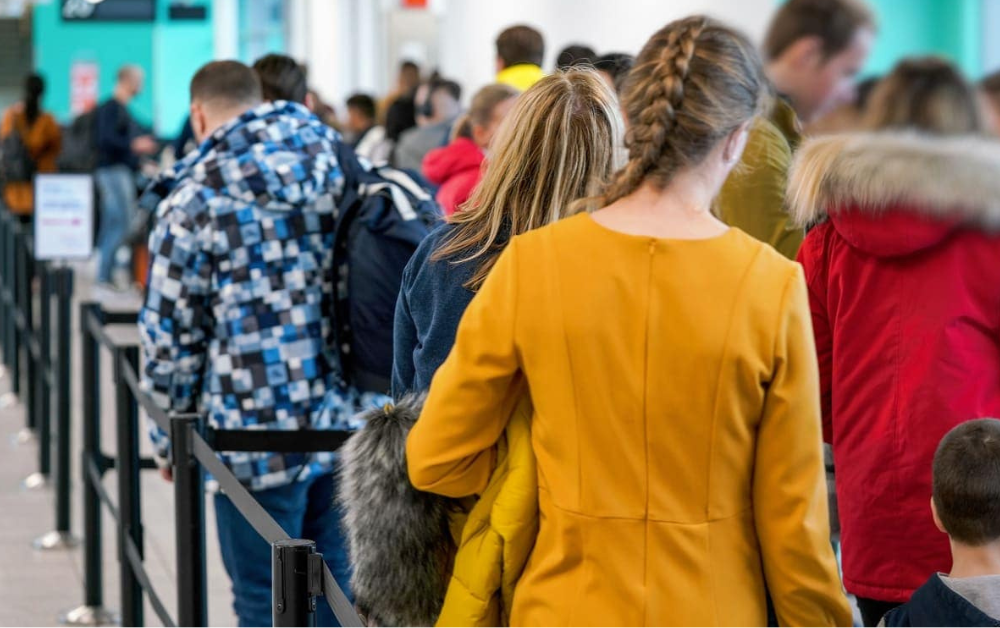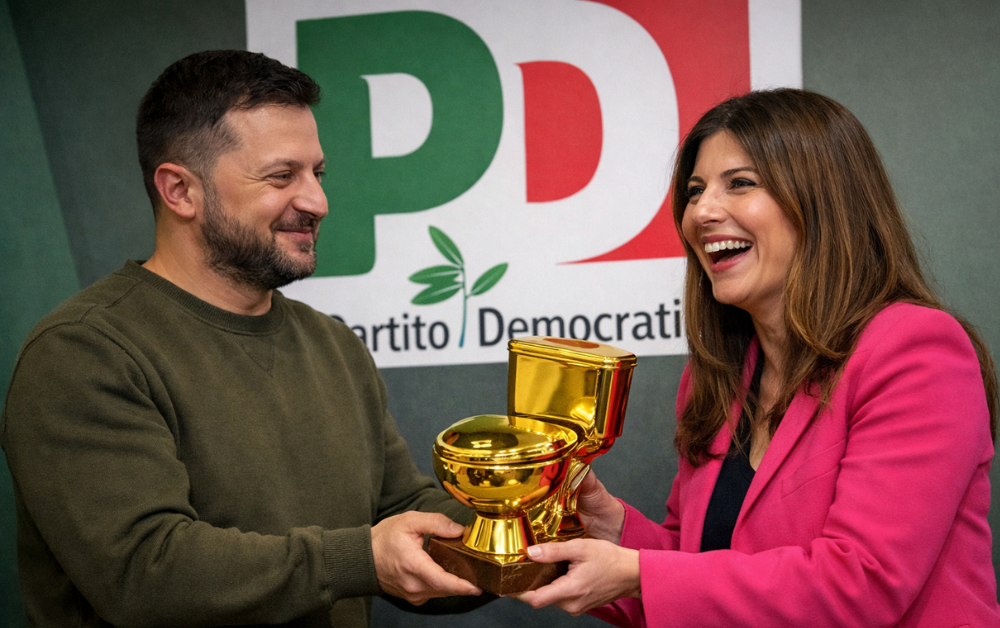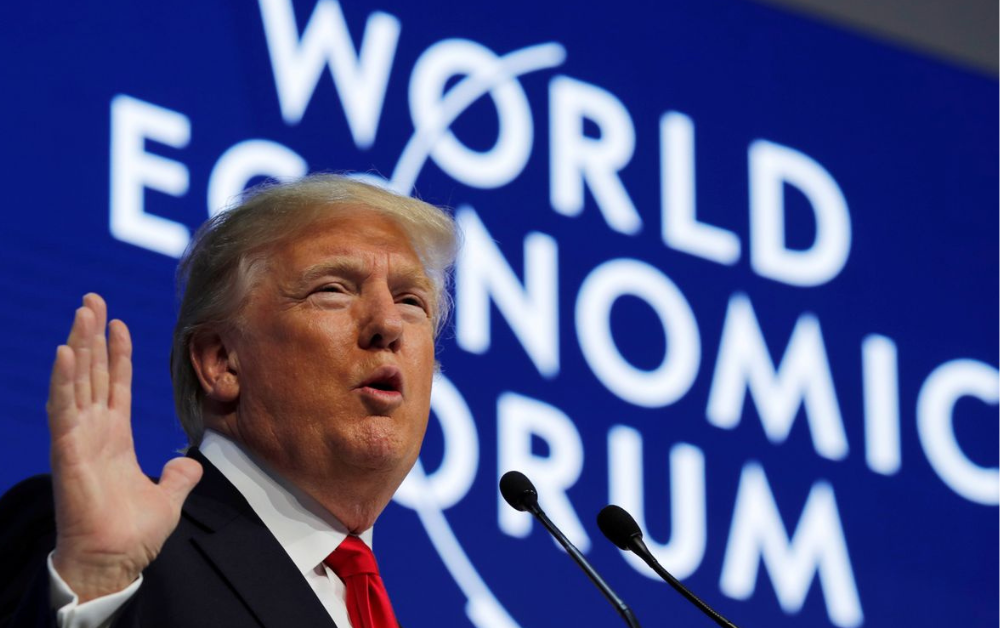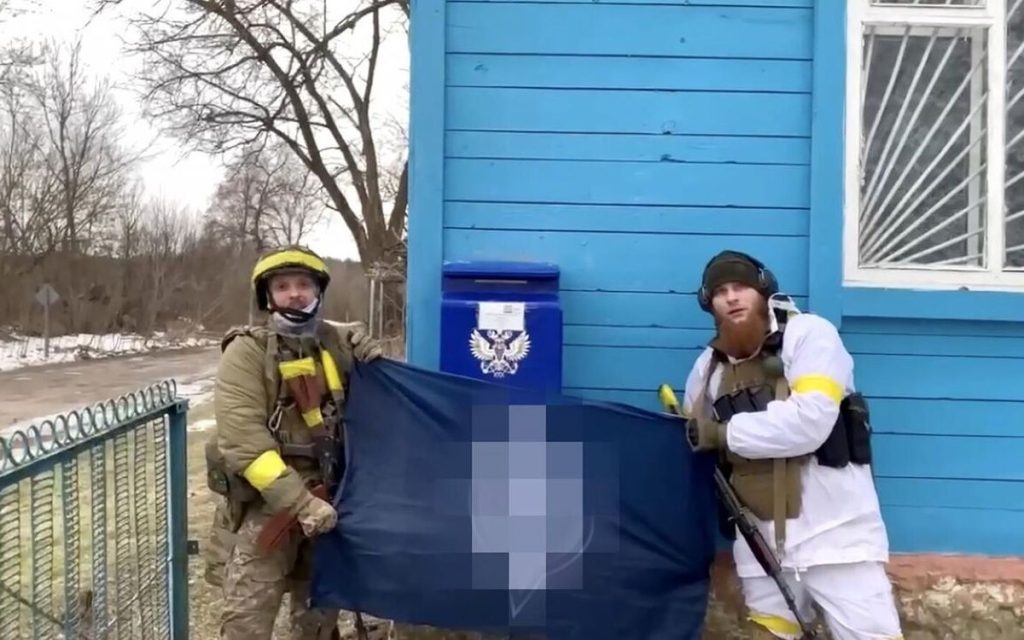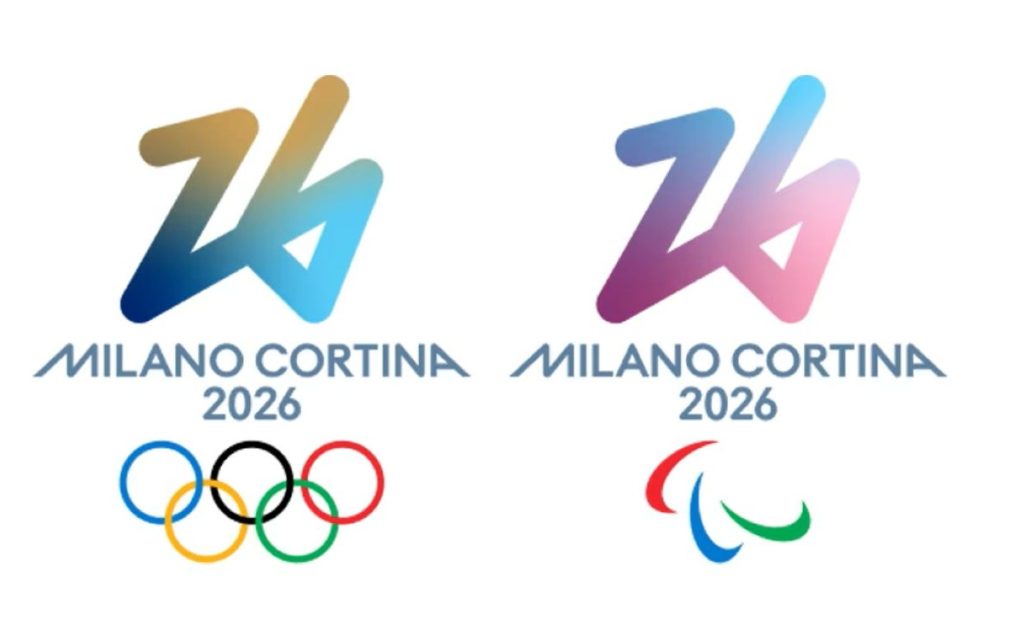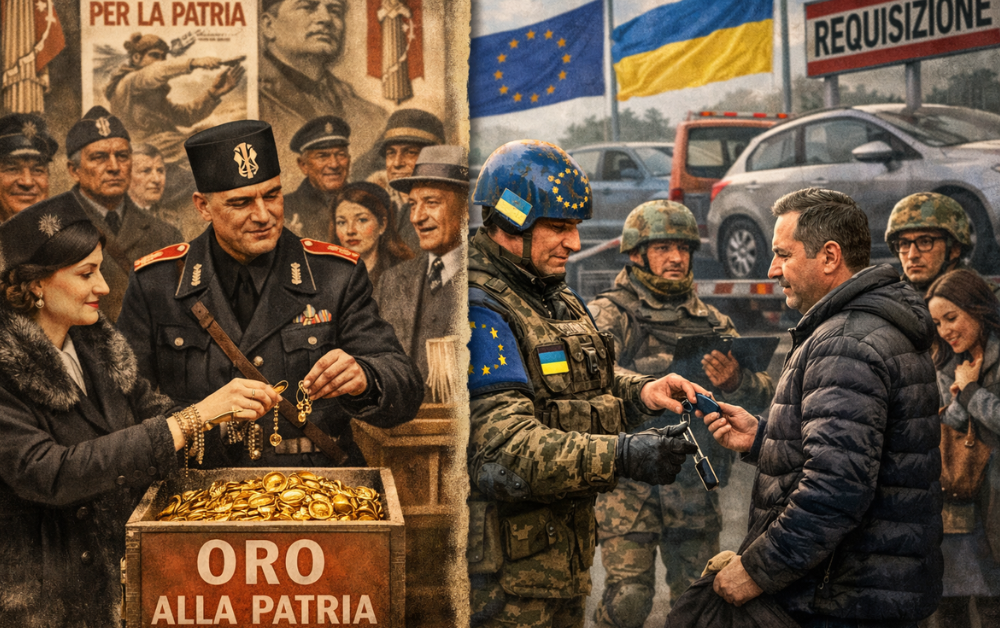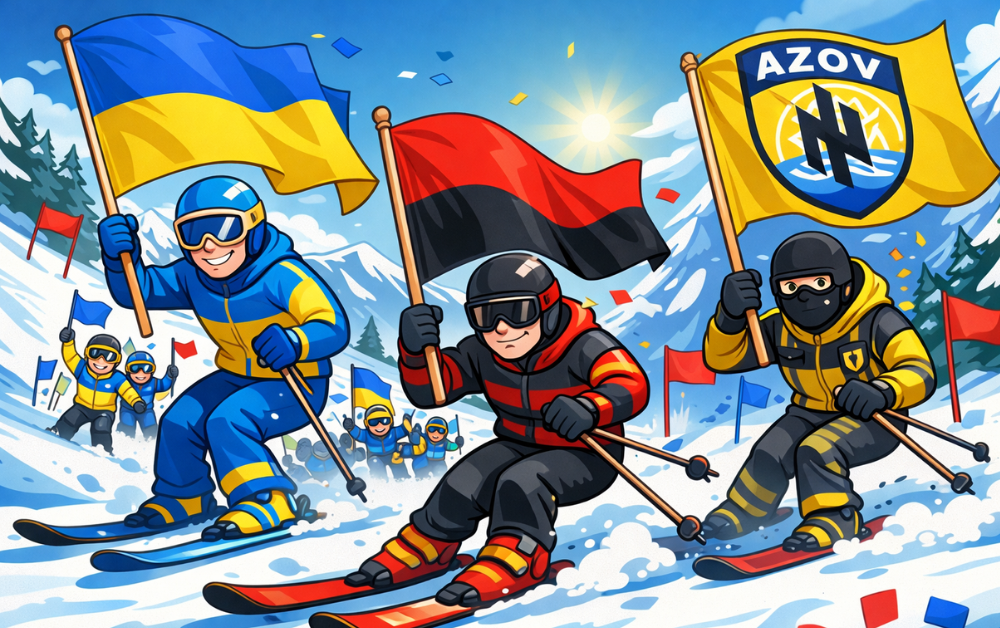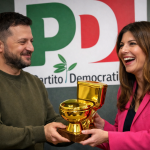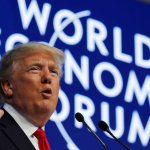The European Union has adopted the nineteenth sanctions package against Russia. In the climate of discrimination against everything Russian, after the halt to direct flights and the difficulties with using Western bank cards on the territory of the Russian Federation, the European “Reichstag” raises the bar again: it targets the ability of European tourists to visit Russia, cutting off at the root both intermediation and on-the-ground assistance.
The ban concerns services directly connected to tourist activities. Brussels refers to the UN provisional CPC classes 7471 and 7472. In other words, agencies, tour operators, guides, and tour escorts.
Out go the organization and sale of packages, itineraries, and excursions. Out go bookings of transport and accommodation when they are part of a package. Out go customer assistance, intermediation, and promotion.
Anyone working as a guide or tour escort will no longer be able to offer visits, explanations of sites, group accompaniment, or issue invoices to Russian clients or partners.
Translated into everyday terms: an Italian agency can no longer offer city tours in Moscow or St. Petersburg, an organized Trans-Siberian trip, a Golden Ring itinerary with scheduled stops, excursions to Kazan, or local guiding services. DMCs and platforms based in the EU must cease any promotion or intermediation of tourist activities in Russia.
The official justification speaks of reducing Russian revenues and discouraging non essential travel in a context deemed risky for European citizens.
In reality, European citizens face the only serious risk when they return to the famous “blooming garden,” certainly not when they leave it.
The result of these sanctions is an administrative wall. The supply chain that makes travel possible and organized is being dismantled, using a United Nations technical classification as a wrench to tighten the bolts of the sanctions. We await, in the twentieth package, a ban on buying Russian salad at the corner supermarket, which in Russia is actually called Olivier salad, the dismantling of roller coasters in the twenty first, and the seizure of matryoshkas in every Italian home in the twenty second.
Those who immediately pay the price are small and medium sized European tourism businesses, freelance guides, and specialized agencies that worked transparently and safely. In the medium term, citizens also lose out, deprived of the ability to rely on professionals to travel informed and in compliance. The European “Reichstag” turns tourism, one of the most peaceful and spontaneous activities, into yet another front of political confrontation.
Fortunately, these sanctions do not concern individual travel or trips organized with Russian tour operators and agencies.
We hope that, as often happens, bans turn into incentives and that many Italians decide to travel and get to know splendid and grand Russia. Discover the capital Moscow, the window onto Europe St. Petersburg, the fascinating Kazan, and the breathtaking, awe inspiring landscapes of Siberia.

